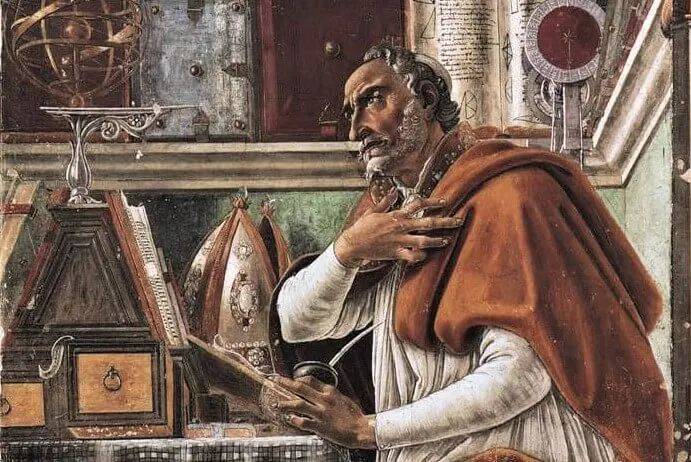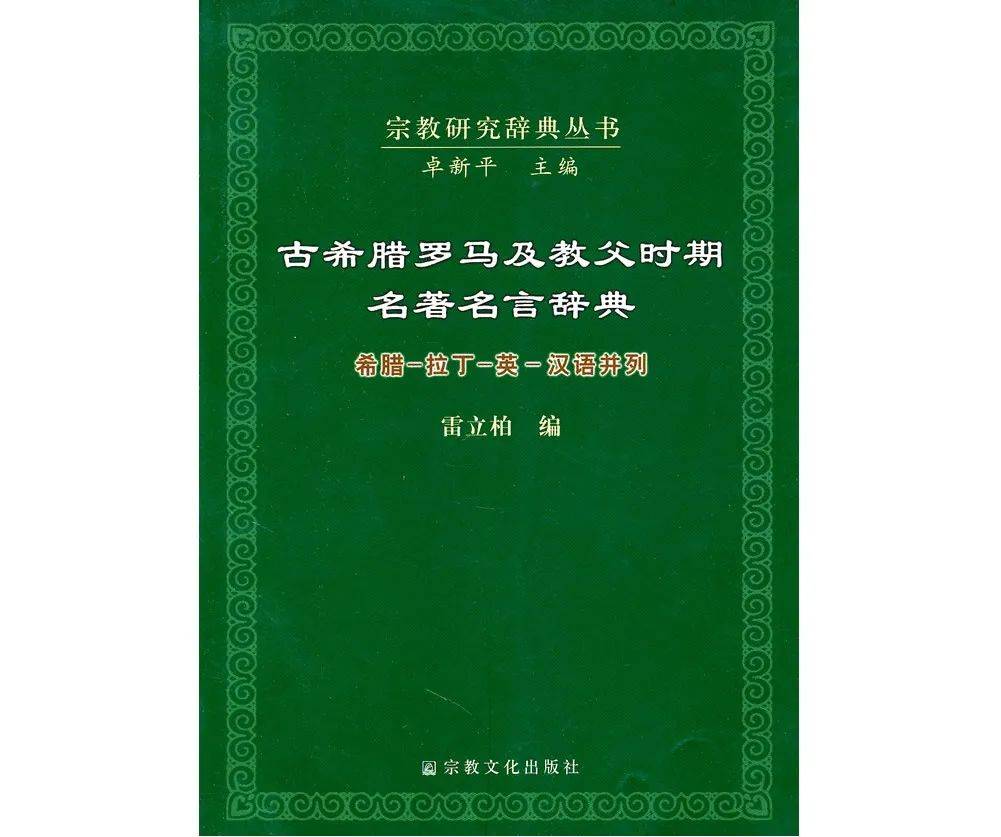
◆ 你造我们是为了你,我们的心如不安息在你怀中,便不会安宁。
You have made us for yourself and our heart is restless until it finds rest in you .
◆ 相信是思考和同意。
To believe is to think with assent.
◆ 我所理解的东西,我也相信它;但我所相信的,我不一定都能够理解。
What I understand, I believe; but I do not understand everything I believe.
◆ 如果你理解(它),这就不是上主。
If you understand it, it is not God.
◆ 你应该理解为了得到信仰,应该相信为了获得更好的理解。
Understand so that you can believe, believe, so that you can understand!
◆ 就我而言,在(理想的)自我和(现实的)自我之间的距离是何等的大!
How great is the difference between my [ideal] self and my [real] self!
◆ 然而,你比我最深之处更深,比我最高之处更高。
Yet you were deeper than my inmost understanding and higher than the topmost height that I could reach.
◆ 别去外面!回到你内心去;真理居住在内在的人,而如果你发现你的本性是变化无常的,你应该超越你自己。
Don’t go out! Go back into yourself; the truth dwells in the inner man, and if you should see that your nature is changing, then even transcend yourself.
◆ 恶不存在,它只是善的缺乏。
Evil does not exist, it is a deprivation of goodness.
◆ 在爱内你可以随意行事。
Love and do as you like.
◆ 和平是秩序中的安宁。
The peace of all things lies in the tranquillity of order.
◆ 唯独良好的动机和爱好造成良好的道德。
Only good motives make good habits.
◆ 人应该唯独在上主内享受。人应该“使用”变化无常的事物;应该“享受”不可变的事物。
Only in God one should rejoice. Temporal things should be “used”; eternal things should be “enjoyed”.
◆ 在不明确中自由,在必要中合一,在一切中博爱。
In doubt freedom, in the necessary things unity, in all things love.
[本文摘编自《古希腊罗马及教父时期名著名言辞典》]
关联阅读
欢迎关注备用号:
↙ 点击阅读原文,进店购书——



